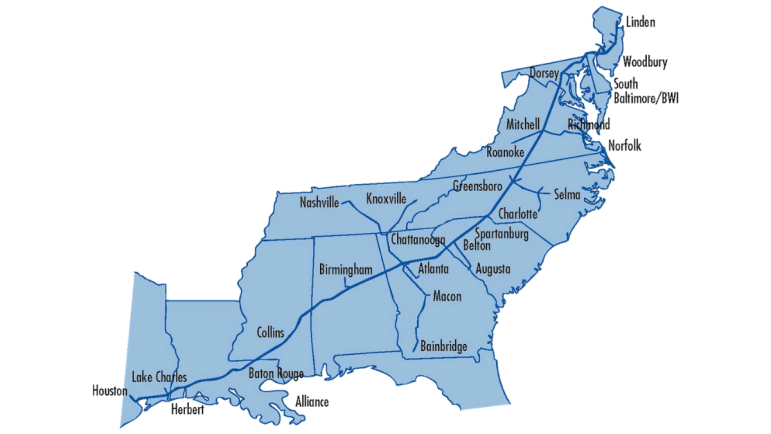Colonial Pipeline’s shutdown of its 5,500-mile pipeline Friday after a ransomware attack brought attention to the vulnerability of the energy infrastructure on which the country relies. The New York Times reported Sunday that it was unclear when the pipeline, which carries nearly half of the East Coast’s fuel supplies, would reopen.
This is not the first time the public’s attention has been turned to the things that can go wrong with the energy supply. In 2016, BirminghamWatch’s Hank Black wrote about the pipelines that run through the state and the Southeast. Here’s an excerpt:
By Hank Black, September 23, 2016
The Colonial Pipeline gasoline spill in Shelby County was a wake-up call for the public and the government about just how critical oil and gas pipelines are to America’s energy supply needs, and how such an incident could impact the environment.
The Cahaba River Society said the spill “very narrowly missed” entering the river, less than a mile away. CRS field director Randy Haddock, PhD, said pipeline safety isn’t top-of-mind until a significant incident occurs. “As the acute phase of this event ends, we expect to start having conversations” among advocacy groups, industry, government, and others about how to prevent or limit damage when another incident occurs, Haddock said. Some experts say the 50-year average age of the nation’s pipelines is cause for concern.
Alabama has 6,748 miles of interstate pipeline, plus more than 57,000 miles of smaller main and service lines that distribute product from a transmission pipeline. By comparison, Mississippi has 10,450 miles of interstate pipe, and Arkansas has 7,212 miles. Read the full story here.

